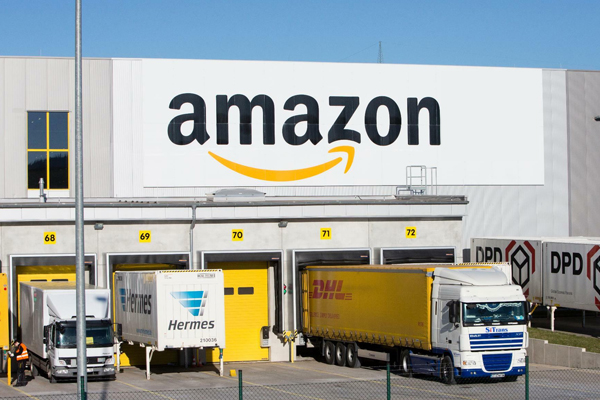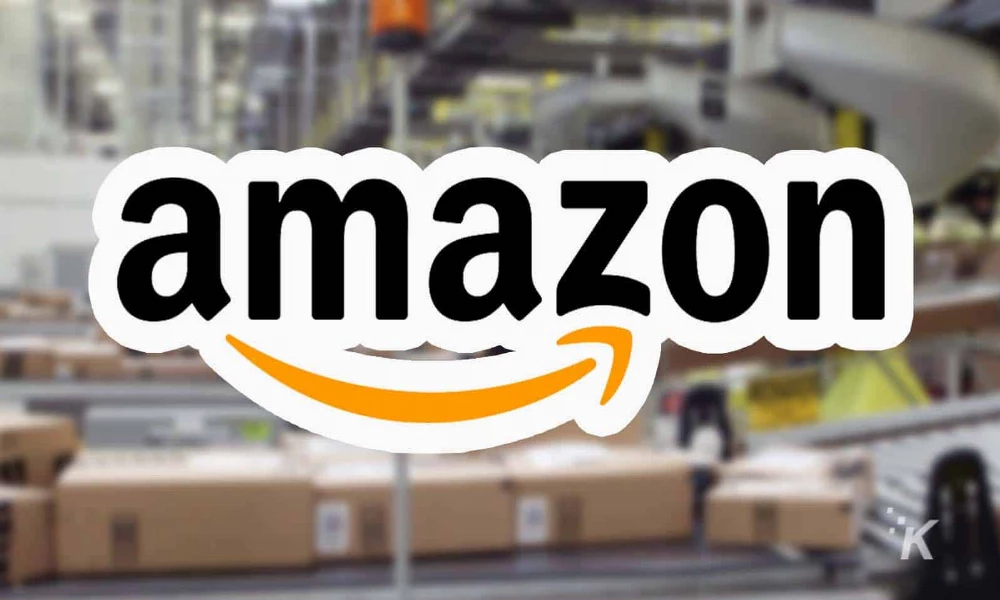Partnering with an Amazon agency marks a significant step in scaling your e-commerce business. Understanding what to expect from this partnership helps set realistic goals and ensures productive collaboration from the start. Professional agencies begin with a thorough evaluation of your current Amazon presence. This process includes reviewing your product portfolio, analyzing your current market position, and identifying immediate improvement areas. The agency will examine your historical performance data, competitive landscape, and growth potential to create a customized strategy aligned with your business objectives.
Development process
Following the assessment, agencies develop comprehensive plans tailored to your specific needs. These strategies outline clear objectives, timelines, and expected outcomes. The agency will present detailed roadmaps covering various aspects of your Amazon business, from operational improvements to marketing initiatives, ensuring all stakeholders understand the planned approach. By leveraging the features and tools of Amazon Brand Registry, agencies are able to develop a successful strategy.
Communication framework
Professional agencies establish clear communication protocols from the beginning. You expect regular updates, scheduled meetings, and detailed reporting on progress and results. Most agencies assign dedicated account managers who serve as your primary point of contact, ensuring consistent communication and quick response to questions or concerns.
Timeline management
Understanding project timelines helps set proper expectations. Agencies typically outline several phases:
- Initial setup and optimization: 2-4 weeks
- Strategy implementation: 4-8 weeks
- Performance optimization: Ongoing
- Growth phase initiatives: Based on results

Resource allocation
Agencies clarify their team structure and resource allocation early in the partnership. You’ll learn about the specialists assigned to your account, including:
- Account strategists
- Content specialists
- Technical experts
- Analytics professionals
Performance benchmarks
Clear performance metrics help track progress and success. Agencies establish baseline measurements and set realistic goals for improvement. They explain their tracking methods and reporting systems, ensuring transparency in performance evaluation.
Technology integration
Most agencies use specialized tools to manage and optimize Amazon’s presence. They’ll introduce you to their technology stack and explain how these tools benefit your business. This might include analytics platforms, automation tools, and reporting systems.
Knowledge transfer process
While agencies handle day-to-day operations, they also educate clients about Amazon’s ecosystem. This knowledge sharing helps you make informed decisions about your business while understanding the agency’s strategic choices.
Challenge management
Professional agencies prepare for potential challenges and setbacks. They develop contingency plans for common issues and maintain transparent communication about problems and solutions. This proactive approach helps minimize disruptions while maintaining progress toward goals. Professional agencies provide clear information about their fee structure and expected returns. They explain how different services impact your bottom line and help you understand the value of various investments in your Amazon business.
Through these structured approaches, agencies help brands navigate Amazon’s complex marketplace while achieving sustainable growth. Their expertise and systematic methods ensure efficient use of resources while working toward defined business objectives. The key to successful agency partnerships lies in clear communication, aligned expectations, and mutual understanding of goals and timelines. By knowing what to expect, brands better prepare for the collaboration and contribute to its success through active engagement and open dialogue.









